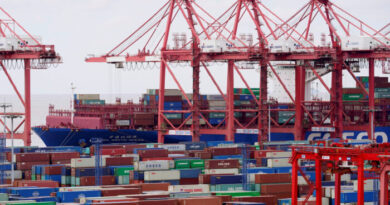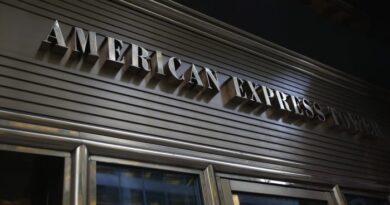Why a Canadian Giant Sees a Bright Future in This Australian Retail Chain
Canadian discount chain Dollarama has paid a pretty penny for The Reject Shop, with plans to open hundreds more stores across Australia.
As the economic order undergoes a major structural shift, Canadian investors have jumped on retail opportunities in down under.
Australia’s largest discount retailer, The Reject Shop, is a quiet achiever on the business front and is known locally for selling a range of cheap goods from confectionary, tupperware, to gardening tools.
The chain has 390 stores across Australia—65 more than the Wesfarmers’ owned Kmart.
But things may not be so quiet anymore.
The Reject Shop’s share price surged when Canadian discount store giant Dollarama put its $259 million (US$165 million) takeover offer out in late March.
Dollarama agreed to purchase all shares of The Reject Shop for $6.68 per share, more than twice the chain’s last closing price of $3.15 on March 26.
The hefty offer provided immediate and attractive value to shareholders, leading the share price to surge to 111 percent—its largest gain since The Reject Shop first opened in 1981.
The bold move raised some eyebrows in a stakeholder meeting, but Dollarama’s bosses maintain that The Reject Shop will have a bigger, better, and brighter future.
Dollarama, which runs more than 1,000 stores in Canada—plus discounts chains in the Americas with expansion planned for Mexico—says despite the widespread presence of The Reject Shop, there is still room to grow and untapped market potential.
Speaking at a presentation to stakeholders late last month, Dollarama president and CEO Neil Rossy said his company saw potential to nearly double the number of stores.
“We also believe that once converted to our business model, the TRS (The Reject Shop) platform will provide a strong foundation for future growth—this is reflected in our objective to grow their network to approximately 700 stores by 2034,” he said.
While Rossy said the two companies ran on very similar models and values, he said one bump in the road would be labour and real estate costs, which are significantly higher in Australia than in Canada.
Additionally, despite The Reject Shop’s dominance in the market, stocks have been down for years.
They appear as minor issues for Dollarama’s executives.
“We think that with our know-how on one side, and our capital we believe that we can service significant value and we think our offer is fair in that context,” Rossy said.
“The management team at TRS has done a fantastic job bringing the business where they are today, but we think we could help them bring it to the next level with our know-how and expertise and the capital necessary to grow the business.”
The deal is set to be officially concluded in 3-4 months.
Consumer Trends in High Inflation Period
Dollarama’s excitement to take on a department store chain selling small, cheap and discounted items could be fuelled by the current high inflation environment, which has pushed many Aussies to cut back on discretionary spending.
Last year, Monash University revealed findings that showed larger, more expensive items were less popular with shoppers.
But The Reject Shop, and its Canadian counterpart, largely stock household items, small furnishings, as well as snacks and some food items.
Data from the Australian Bureau of Statistics (ABS) also shows household spending is slowly recovering—in February 2025, household spending increased 3.3 percent on the year before.





